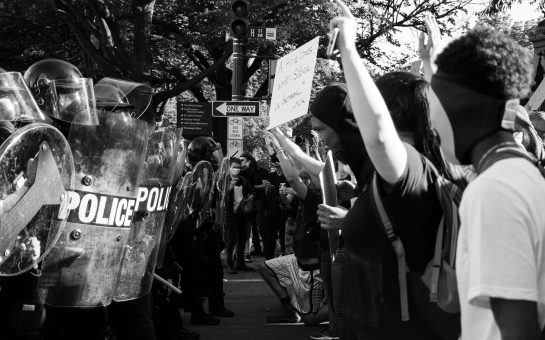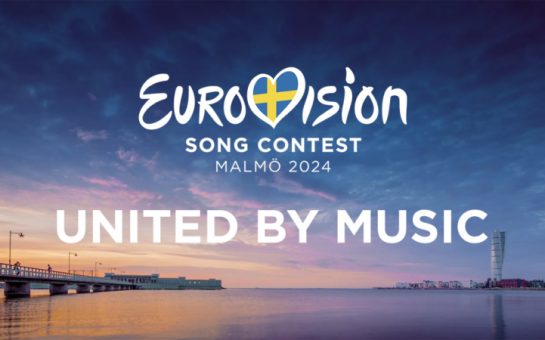As crooning legend Engelbert Humperdinck is selected to represent Britain it’s hard to put a finger on what draws us in year on year to watch.

The Eurovision Song Contest looms large, once again inspiring Britons to ponder our continuing involvement in what is unmistakeably the most flamboyant, and yet culturally vapid event, to be broadcast to over 120 million viewers worldwide.
But we still love it though don’t we? It’s hard to put a finger on what draws us in year on year to watch, but there is just something so ludicrously indulgent about the whole affair that begs not to be missed.
Not least when crooning legend Engelbert Humperdinck has been selected to represent the British nation on the Azerbaijani stage.
At 75 years of age, he is set to be the oldest ever Eurovision contestant.
Last featuring in the UK charts 40 years ago, the septuagenarian singer’s career has garnered a not insignificant 150 million records sold worldwide and included hits such as The Last Waltz, Quando Quando Quando and Release Me, which kept the Beatles off the top spot in 1967.
Certainly a man with a well established pedigree then, albeit one that may have passed its best before date.
But is it enough to secure a return to victory for good ol’ Blighty who last took the honours 15 years ago with Katrina and the Waves’ single Love Shine A Light?
With the song yet to be released the nation remains sceptical. It won’t be crafted by Andrew-Lloyd Webber, who finished in 5th place finish back in 2009 with singer Jade Ewen.
This time around we face a blend of old and new with producer and writer Martin Terefe and Ivor Novello award winner Sacha Skarbek – who teamed up with James Blunt to compose his global hit You’re Beautiful – fashioning the score.
But why is it that we continue to care, even though we all know it’s a politically biased exercise lathered in fake tan, suffused in a torrent of glitter and spattered with oddities?
Perhaps it’s because for a substantial period, Britain was a consistent top-ten finisher. In fact our decline is a relatively recent phenomenon within the history of the competition.
Since the turn of the Millennium we have been last on three occasions and only placed in the top three once, finishing third in 2002 with Welsh songstress Jessica Garlick.
Or perhaps it’s because as one of the ‘Big Five’ contributors to the European Broadcasting Union, a status that means we qualify automatically into the competition, we feel obliged to attend. As though we really ought to turn up because we’ve been invited, regardless of how we feel about the party itself.
Still, regardless of your sentiments towards Eurovision, we can all rest easy in the knowledge that Jedward won’t be flying the flag for our nation. As for the Irish, they’ll have to suffer it for another year. Quelle horreur!




